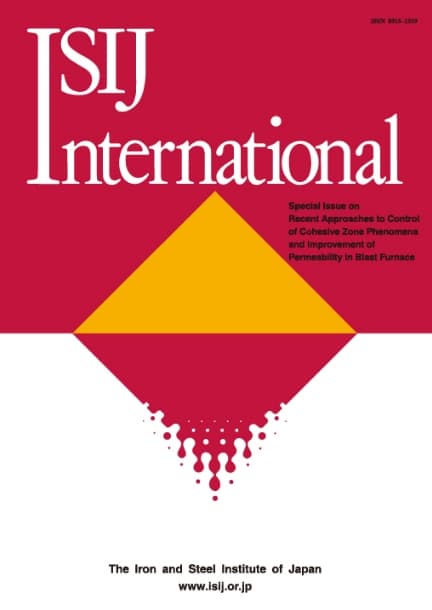A nanoindentation apparatus with an electrochemical cell for cathodic hydrogen charging and a wide dynamic range of load duration time was developed, and influence of hydrogen on local mechanical properties of Type 316L stainless steel, pure Ni, and three kinds of Ni–Cr bialloy (56Ni-43Cr, 69Ni-30Cr, 79Ni-20Cr) was investigated. For Type 316L stainless steel and pure Ni, nanohardness was increased by about 10% and unchanged, respectively, by hydrogen charging at load duration time between 0.1 s and 10800 s. On the other hand, for Ni–Cr bialloys, degree of nanohardness increase by hydrogen charging was reduced with increase in load duration time. As a result, for 69Ni-30Cr and 79Ni-20Cr, hydrogen caused softening at long load duration time of more than 600 s. Hydrogen embrittlement susceptibility of each sample was also evaluated by slow-strain rate tensile tests, and compared with the observed nanoindentation results. The tendency was found that, for samples with higher hydrogen embrittlement susceptibility, softening is caused by hydrogen charging at long load duration time.










